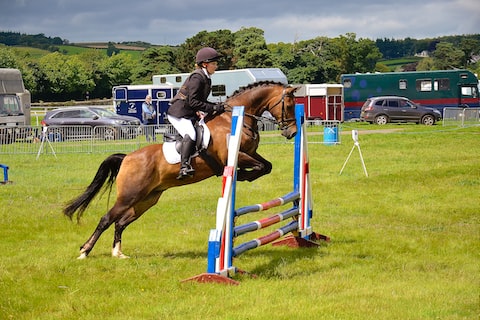Competition has always been ingrained in human nature, and no other arena exemplifies this better than the world of gaming. Video games have captured the hearts and minds of millions of people across different age groups, and the psychology behind competition in gaming is an intriguing subject to explore.
1. Motivation: Competition in gaming serves as a strong motivator for players. The desire to win, beat opponents, and achieve high scores drives gamers to continually improve their skills and invest time and effort into their favorite games.
2. Goal-oriented behavior: Gamers tend to be highly goal-oriented individuals. Setting objectives within the game, such as completing a difficult level or reaching a new rank, provides a sense of accomplishment and satisfaction. This goal-oriented behavior translates to real-life situations, where gamers often exhibit determination and perseverance.
3. Strategic thinking: Competitive gaming requires strategic thinking and quick decision-making. Gamers need to analyze the game situation, anticipate opponents’ moves, and develop effective strategies to outwit their rivals. These cognitive skills developed through gaming often transfer to problem-solving and critical thinking in everyday life.
4. Emotional rollercoaster: The intense nature of gaming competitions can trigger a wide range of emotions. From the thrill of victory to the frustration of defeat, gamers experience a rollercoaster of emotions that can be both exhilarating and challenging to handle. This emotional resilience cultivated through gaming can help individuals cope with real-life setbacks and challenges.
5. Social interaction: Many video games today provide opportunities for multiplayer interactions, fostering social connections among gamers. Engaging in competitive gameplay allows individuals to interact with like-minded players, form friendships, and build communities. This social aspect of gaming can have positive effects on mental well-being, reducing feelings of loneliness and isolation.
Understanding the psychology of competition in gaming not only provides insights into the gamer’s mind but also sheds light on broader aspects of human nature. As the popularity of video games continues to grow, so does the fascination with the psychological intricacies behind them.

